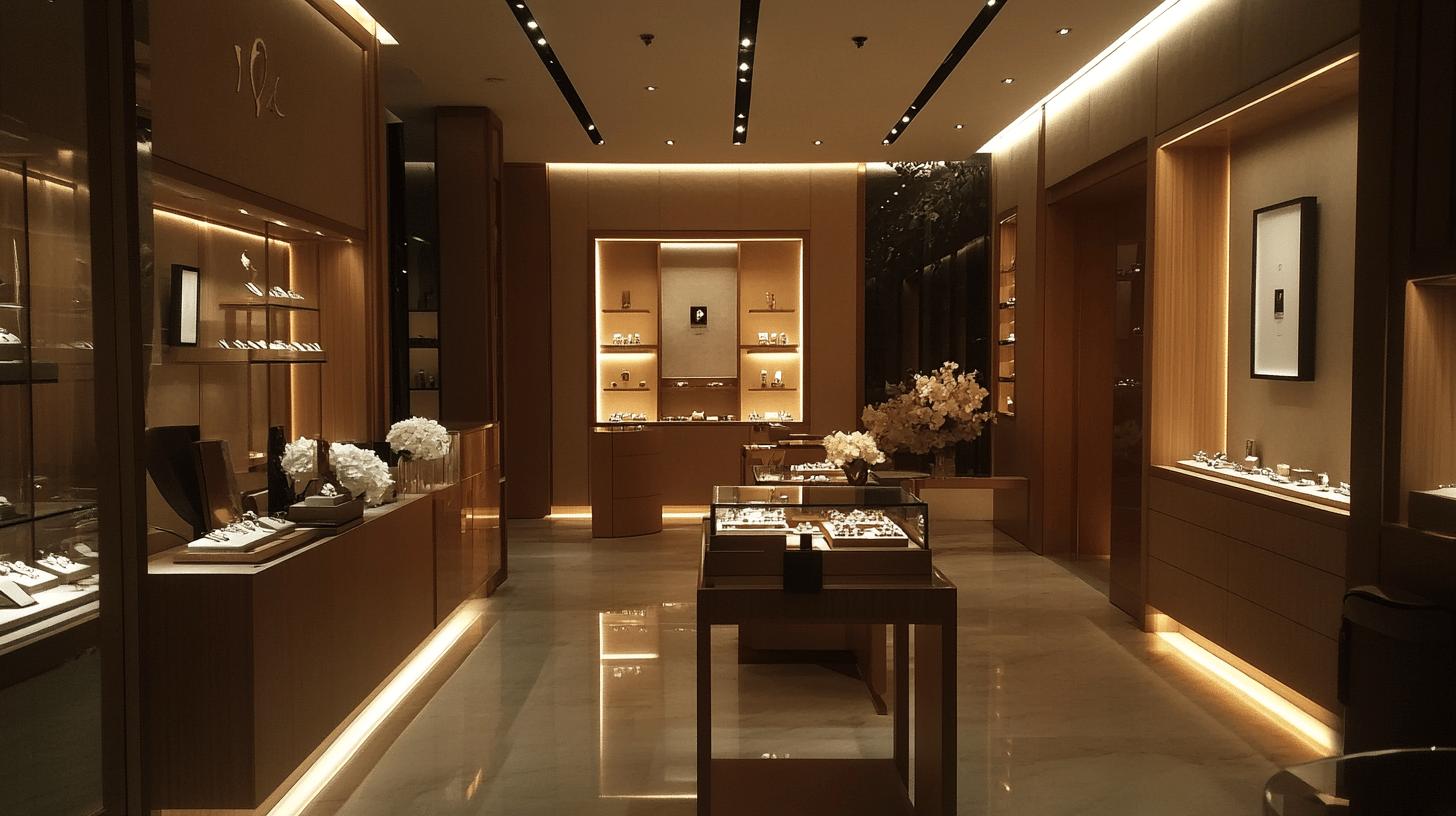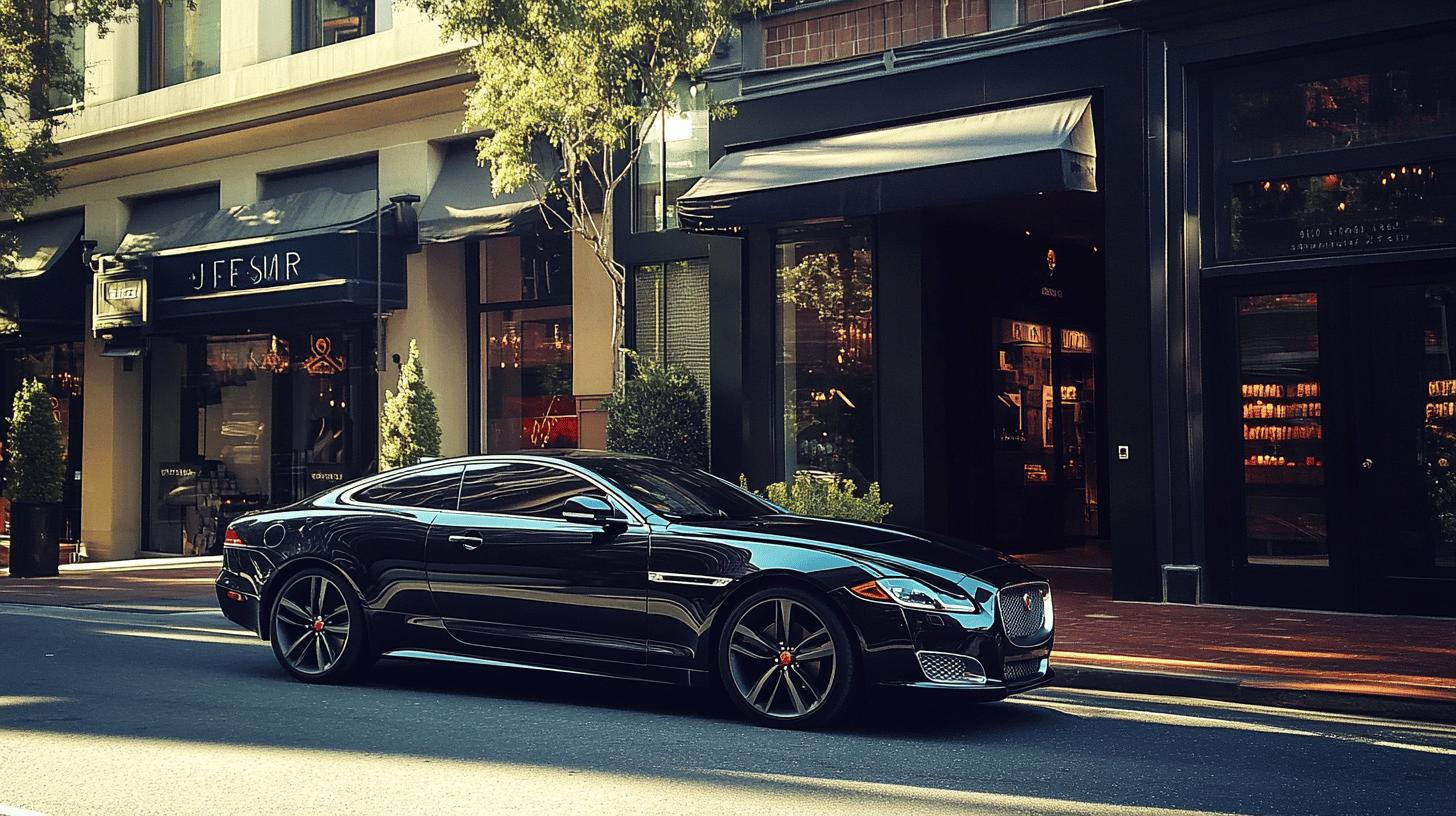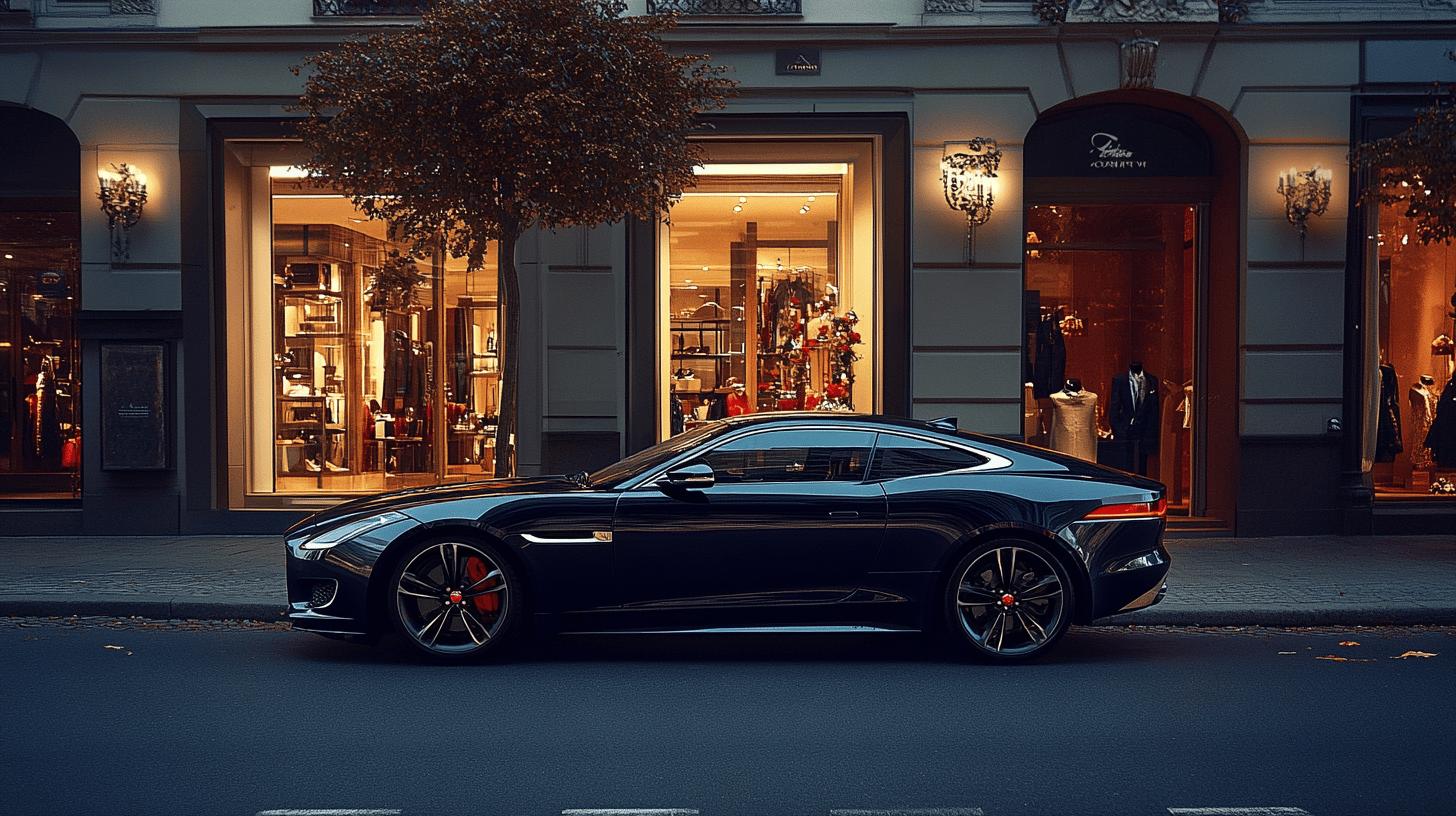Luxury branding thrives on creating a perception of exclusivity and unparalleled quality. It hinges on understanding the desires of its high-end consumer base and delivering products that embody craftsmanship, rarity, and top-tier design. Yet, beyond these tangible attributes, the modern luxury brand succeeds through cultivating meaningful community engagement. By utilizing tools like the Journey app, brands can transcend traditional marketing by building genuine connections and fostering vibrant communities that align with the aspirations of their patrons. As luxury brands navigate an ever-competitive market, community-focused strategies become essential, shaping experiences that resonate deeply with their audience. Dive into our article to uncover how integrating these elements defines successful luxury branding and engenders lasting brand loyalty.

Building a luxury brand goes beyond crafting exquisite products; it hinges on fostering a vibrant, authentic community where like-minded individuals feel a genuine sense of belonging. Effective storytelling, consistent customer engagement, and honoring brand heritage are central to creating this rich interaction. Luxury brands that emphasize personalized experiences cultivate loyalty by making consumers feel valued and part of an exclusive journey. These touchpoints, from intimate events to tailored communications, serve as the backbone of long-term relationships that elevate the brand’s prestige. Authentic community engagement requires robust strategies that encourage participation and mutual support. Exclusive events and experiential marketing offer immersive opportunities to connect with the brand’s essence. Personalized communications resonate deeply, reinforcing the brand’s commitment to its audience. Loyalty programs reward continuous engagement, highlighting each member’s contribution and fostering a culture of appreciation. These elements create a seamless blend of exclusivity and accessibility, making the community a well-maintained hub for growth and shared passion.

Creating a luxury brand identity hinges on meticulous attention to design elements that convey sophistication and exclusivity. Typography plays a critical role in this endeavor; selecting fonts that evoke elegance and clarity helps establish a refined voice. Complementing typography, a carefully curated color palette reinforces emotional connections and highlights the brand’s unique character. Luxury branding favors simplicity in logo design, where clean lines and minimalistic forms enhance memorability and timelessness. These visual cues collectively form the foundation of a brand identity that resonates deeply with discerning consumers. Beyond initial design choices, establishing robust brand guidelines and templates is crucial for maintaining consistency across all platforms. This consistency safeguards the brand’s prestige and ensures every touchpoint reflects its core values. Case studies of successful luxury brands underscore the importance of a cohesive visual identity, especially when custom-designed websites showcase the brand’s essence through seamless aesthetics and user experience. Such attention to detail not only elevates the brand but also fosters trust and loyalty among its audience.

Effective luxury marketing strategy begins with a deep understanding of the target market and consumer psychology. High-end brands must conduct detailed market analysis to identify their audience’s desires, values, and purchasing motivations. Exclusivity and a high price point are not simply financial decisions; they are strategic tools that differentiate luxury brands and reinforce their prestige. Messaging techniques that portray an aspirational lifestyle and emphasize badge value help consumers associate the brand with success and status, making the brand more desirable. Positioning a luxury brand requires consistent communication of these core values through targeted advertising and carefully curated social media aesthetics. The brand’s voice should resonate with its affluent audience while maintaining an air of sophistication and authenticity. This approach nurtures long-term relationships and loyalty. Integrating digital engagement with exclusive messaging enables brands to remain relevant in a competitive luxury marketplace without diluting their unique appeal.

Visual elements serve as the cornerstone of luxury branding, shaping how a brand’s essence is perceived and experienced. Successful luxury brands harness sleek, minimal aesthetics to evoke sophistication and exclusivity. Every design choice—from typography to color palette—carries the weight of reinforcing the brand’s identity and communicating its values to discerning audiences.
These visual design elements create a cohesive and recognizable luxury image. Incorporating stringent brand guidelines ensures that every touchpoint—from packaging to digital presence—reflects this refined aesthetic. Consistency in visual branding not only elevates the consumer’s perception but also builds lasting trust and credibility. Journey supports luxury brands in manifesting their visual identity through customizable community hubs that showcase distinct branding elements. By enabling seamless integration of logos, color schemes, and imagery, Journey helps brands foster authentic engagement within safe, vibrant communities. This blend of polished visual identity and meaningful interaction enriches the luxury experience, positioning brands for long-term growth and deeper consumer connections.

Jaguar’s rebranding stands as a prime example of strategic luxury branding that successfully rejuvenated a storied brand. By blending heritage with modern innovation, Jaguar refined its visual identity and messaging to appeal to a new generation while retaining loyal customers. This transformation emphasized design excellence, exclusivity, and craftsmanship, reinforcing Jaguar’s position in the luxury automotive market. The brand’s ability to align with evolving consumer values without sacrificing its core essence is a key factor behind its resurgence. Other high-end brands have similarly leveraged luxury branding innovation to elevate their market standing. These cases highlight the critical role of consistent, compelling storytelling and strategic positioning in crafting a luxury brand that resonates deeply with audiences. Successful luxury branding endeavors focus on creating a rich, immersive experience that fosters emotional connections and long-term loyalty. Conversely, brands that neglect these elements often face challenges in retaining relevance and prestige.

Maintaining exclusivity remains a central challenge for luxury brands amid increasing market saturation. As more brands enter the high-end space, preserving a sense of rarity becomes critical to retaining prestige and consumer trust. Additionally, evolving consumer expectations demand that luxury brands adapt without compromising their core identity. Balancing tradition with innovation requires a nuanced understanding of audience desires and a commitment to delivering authentic experiences. These complexities make it essential for luxury brands to implement robust strategies that safeguard their exclusivity while staying relevant. Looking ahead, digital engagement and sustainable practices are emerging as crucial trends shaping the future of luxury branding. Consumers increasingly seek meaningful digital interactions that foster genuine connections rather than superficial engagement. At the same time, sustainability is no longer optional; it has become a key factor influencing purchasing decisions. Luxury brands that integrate eco-conscious initiatives and transparent communication will enhance their credibility and appeal. Navigating these trends effectively will position brands for long-term growth in an ever-changing landscape.

Building authentic luxury brand communities requires a deep understanding of the brand’s heritage combined with effective storytelling and continuous engagement. These communities create a rich interaction hub where individuals feel a true sense of belonging and connection to the brand’s essence. Consistent communication and personalized experiences at every consumer touchpoint are critical for fostering long-term loyalty. Authenticity in these interactions reinforces the brand’s prestige and cultivates a vibrant culture that encourages mutual support among like-minded members. Key strategies to enhance luxury brand community engagement include:
Journey supports luxury brands by providing a safe, trustworthy environment tailored to cultivating genuine connections. Its customizable community creation tools enable brands to showcase their unique identity while organizing focused discussions, events, and personalized interactions. Journey’s AI Sidekick enhances engagement by recommending relevant content, facilitating introductions, and managing community moderation, ensuring continuous, meaningful participation. This blend of robust technology and human-centered design empowers luxury brands to expand organically, deepen relationships, and maintain vibrant, well-maintained communities that truly embody their values.
Analyzing luxury branding fundamentals reveals the importance of high-quality, exclusive products. Crafting a refined brand identity encompasses thoughtful design choices, including typography and color palettes. Marketing strategies must appeal to high-end consumers through exclusivity and aspirational messaging.
Visual elements, from sleek aesthetics to high-end photography, play a critical role. Case studies and success stories offer invaluable lessons in strategic branding. Navigating challenges and embracing future trends, such as digital engagement, is crucial.
Luxury brands can further benefit by integrating communities into their strategy, offering authentic experiences. Elevate your luxury branding efforts and cultivate genuine connections.
Luxury branding revolves around the use of superior quality materials, distinguished designs, rarity, craftsmanship, and exclusivity that cater to high-end consumers.
Examples of luxury branding include iconic brands like Chanel, Rolex, and Ferrari, and how they maintain exclusivity and a prestigious reputation through design and storytelling.
Luxury branding design focuses on sleek, minimal aesthetics using typography, a balanced color palette, and high-end photography to create an image of sophistication and class.
A successful luxury branding strategy comprises market analysis, understanding consumer psychology, strategic pricing, and exclusive messaging to differentiate high-end brands.
A luxury branding consultancy helps by refining brand identity, enhancing customer experiences, and aligning marketing strategies to luxury market standards.
The 4 E's of luxury marketing include Experience, Exclusivity, Emotion, and Engagement, ensuring a premium feel across all brand interactions.
Crafting a luxury brand identity involves meticulous attention to typography, color palette, logo simplicity, and consistent visual communication across platforms.
Emerging trends in luxury branding focus on digital engagement, sustainable practices, maintaining exclusivity, and using influencer collaborations for authentic outreach.
Storytelling in luxury branding enhances brand heritage, connects with consumers on an emotional level, and strengthens community and customer loyalty.
The Journey app assists luxury brands by fostering genuine community connections, supporting authentic engagement, and showcasing distinct brand identities in a prestigious manner.
Luxury brands face challenges like maintaining exclusivity, navigating market saturation, evolving consumer expectations, and the demand for digital transformation while ensuring sustainability.
The best luxury brand slogans are concise, evoke emotion, reflect exclusivity, and align with the brand’s core values, such as BMW's ""The Ultimate Driving Machine.""
Key elements include typography, color palette, logo simplicity, high-end imagery, clear layout, and consistency that convey sophistication and exclusivity.